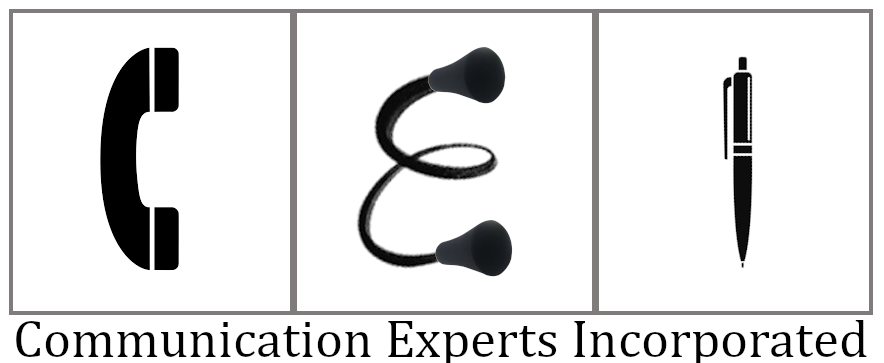Application Development
Mobile Application Development
We have expertise in developing Mobile Application on various platforms such as iOS, BlackBerry, Android and Windows. Also capable of developing Mobile Applications regardless of the platform versions and complexity involved. We provide application development services all over in India.
Differences between types of apps
Native Apps are built using the development tools and languages (XCode and Objective C for iOS apps, Eclipse, Android Studio and Java for Android, Visual Studio and C# for Windows) that the respective platforms support and so run only on their targeted platforms.
HTML5 Apps are cross-platform mobile applications that run on multiple devices since they mostly run on browsers. Developers can write complex apps using standard web technologies HTML5, JavaScript and CSS.
Hybrid Apps are the applications that are developed using HTML5, JavaScript and css, but run with in web-view container on the devices and so the applications are packaged natively and so has access to native API of the OS also.
Pros and Cons of Individual Technology
Native App
Pros:- Native apps have the best performance and use the last available hardware resource to improve performance.
- Applications will work in offline mode.
- The apps are distributed through platforms App store providing better visibility to the prospective users.
- Your application will have access to the latest API's, releases on that platform. The apps are built in languages the platform supports and so, has access to IDEs which provide the best tools to develop, debug the project fast. Example: Linked-in, Facebook
- Need huge budgets to support all the platforms that have considerable markets. Need to maintain multiple teams, one team per platform you want to support.
- App updates needs to be downloaded by users and so need to maintain several versions of Apps on your web server if not properly designed.
- Availability of developers.
Web App
Pros:- HTML5 mobile app is similar to a normal web app, except that they are designed to work at smaller screens.
- The distribution of these apps is very easy. Just deploy the web app on your web server and users access it from their browsers.
- There are some very good mobile UI frameworks like JQuery Mobile, Sencha Touch and of course my favorite mgwt which provides several widgets for mobile.
- These apps can probably reach out all platforms since they run on browsers and all the modern smart phones have a browser.
- The development and testing of these apps is easier as they are similar to normal web apps where you have tooling support.
- These apps don't have access to the native functionality.
- Performance doesn't match with native apps.
- Can be work in offline mode, but doesn't match what native apps provide.
Hybrid Apps
Pros:- Hybrid apps are faster to develop since most of the development is done in web technologies which are cross platform and do very small amount of native coding, only when access to native layers is required. So only small portion of the code needs to be re-implemented for other platforms .This saves development time and cost and you can concentrate on developing new features rather than replicating the same features on each platform.
- You are near to "Write Once, Run Anywhere", the strategy that made Java such a dominant force.
- These applications can be deployed in platform specific app stores.
- They can access the native layers.
- These apps can work in offline mode.
- There is prediction that by 2017 more than 50 % of the apps deployment will be in Hybrid apps. Example: Netflix
- Hybrid apps, even though are packaged natively are not native apps. They execute on the platforms web engine, Webkit in case of Android and iOS which is another layer between the user and the application and so the performance is less as compared with the native apps.




